Are Dwarf Fruit Trees Any Good?
If you have limited space in your garden, but still want to grow your own fruit, dwarf fruit trees might be the solution for you. Dwarf fruit trees are miniature versions of standard fruit trees and are an excellent option for small gardens or for growing fruit in pots. In this blog post, we’ll explore whether dwarf fruit trees are any good, what fruits they can bear, and provide a list of popular dwarf fruit trees available in the UK.
Dwarf fruit trees are a great choice for those who want to grow their own fruit but don’t have a lot of space. They can be grown in pots on a balcony or patio or planted in a small garden. Despite their smaller size, they can still produce a decent crop of fruit, making them a popular choice for gardeners, available in a variety of fruits such as; apple, pear, peach, cherry, plum, and fig. There are many benefits to growing them, such as; they take up less space than standard fruit trees, are much easier to manage, they require less pruning, and are easier to harvest. They are also ideal for those who don’t want to wait several years for a tree to produce fruit, as they can often begin to produce fruit within their first two years.
Popular Dwarf Fruit Trees in the UK
There are many types of dwarf fruit trees available in the UK. Some of the most popular varieties include:
- Apple – such as ‘Braeburn’, ‘Cox’s Orange Pippin’, and ‘Golden Delicious’
- Pear – such as ‘Conference’, ‘Doyenne du Comice’, and ‘Williams’
- Cherry – such as ‘Stella’, ‘Morello’, and ‘Sunburst’
- Plum – such as ‘Victoria’, ‘Opal’, and ‘Marjorie’s Seedling’
- Peach – such as ‘Bonanza’ and ‘Peregrine’
- Nectarine – such as ‘Nectarella’ and ‘Fantasia’
- Fig – such as ‘Brown Turkey’ and ‘Brunswick’
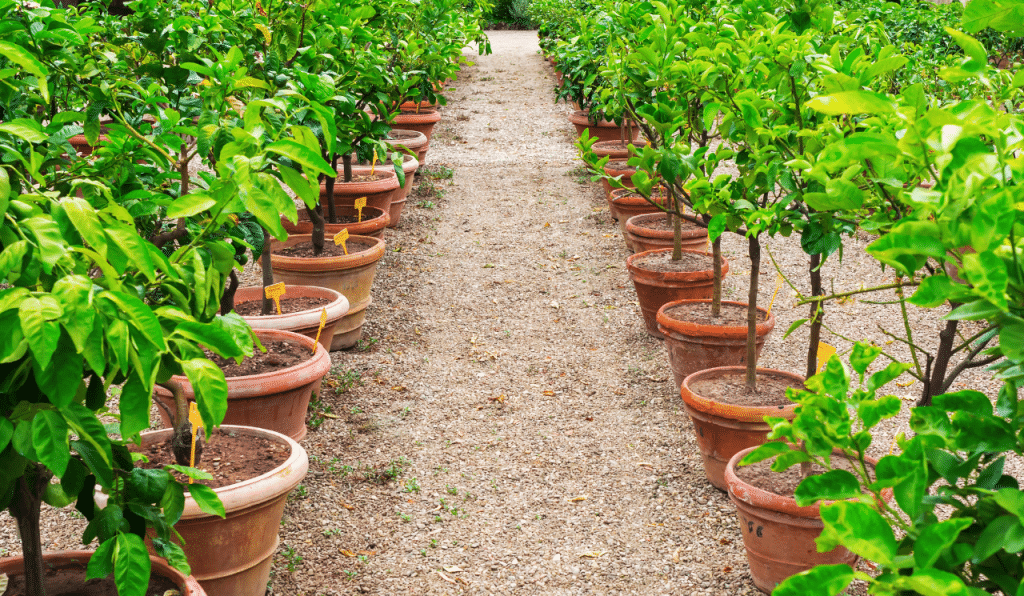
Are dwarf fruit trees any good though?
Yes, dwarf fruit trees are an excellent choice for those with limited space or who want to grow fruit in pots. They require less pruning and are easier to manage than standard fruit trees. While the yield may be less than a standard tree, they can still produce a decent crop of fruit.
In addition to their space-saving benefits, dwarf fruit trees are also easier to maintain than their larger counterparts. Pruning and harvesting are much simpler with a dwarf tree, making them a great choice for busy gardeners.
How big do dwarf fruit trees grow?
Dwarf fruit trees grow to around 6-8ft tall, making them much smaller than standard fruit trees. This makes them an ideal choice for small gardens, patios or for growing in pots.
When should you plant dwarf fruit trees?
The best time to plant dwarf fruit trees is in the autumn or winter when the tree is dormant. This allows the tree to establish itself before the growing season starts in the spring. When buying dwarf fruit trees in the shops, online or in a garden centre they’ll normally be supplied as a ‘bare root’, which initially just looks like a long stick with a few roots on the end – but don’t fear, this is perfectly normal and is just how fruit trees are generally supplied when buying them pre-cultivated.
Do dwarf fruit trees still provide plenty of fruit?
One of the biggest concerns with dwarf fruit trees is whether they produce as much fruit as traditional trees. The good news is that many dwarf varieties are just as productive as larger trees. In fact, some varieties have even been bred specifically to produce more fruit in a smaller space. While the yield may be less than a standard fruit tree, dwarf fruit trees can still provide plenty of fruit. They often begin to produce fruit in just a year or two, making them a great choice for those who don’t want to wait several years for a tree to produce fruit.
Can dwarf fruit trees be planted in pots?
Yes, dwarf fruit trees can be grown in pots, and they do really well, making them an ideal choice for those with limited space. Choose a pot that is around 40cm / 16 inches in diameter, or slightly bigger (ones with handles are handy for easier maneuvering around the garden), and use a good quality compost suitable for growing veg.
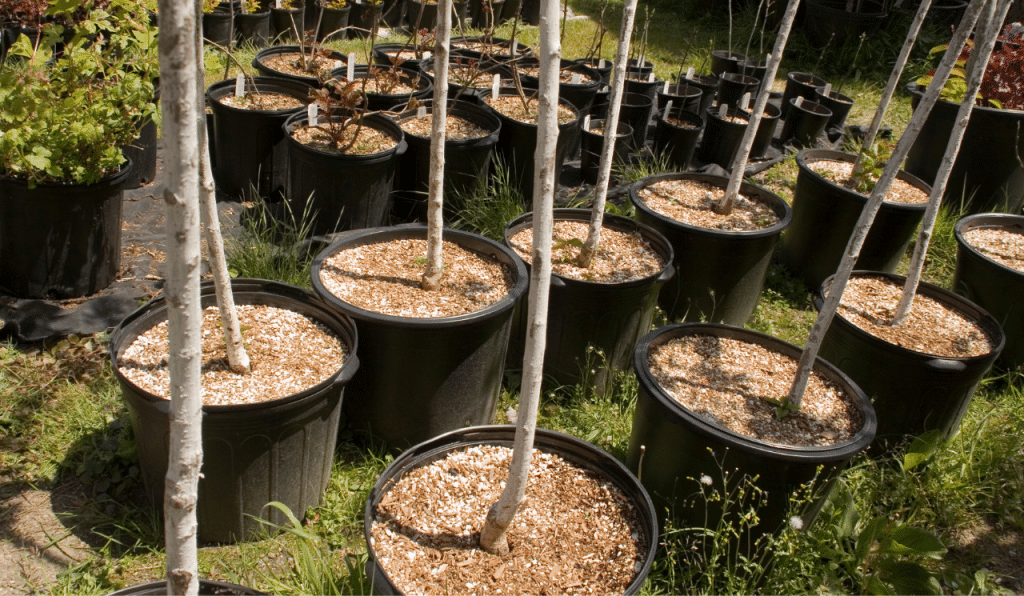
In conclusion, dwarf fruit trees can be an excellent option for gardeners who want to enjoy fresh fruit without sacrificing a lot of space. They are a practical choice for those with small gardens, balconies, or patios. These trees offer many advantages, such as easier maintenance, higher yield, and early fruiting. However, it is essential to choose the right variety, provide proper care, and consider the limitations of their dwarf size.
As with any fruit tree, success with dwarf varieties depends on careful planning, preparation, and attention to detail. In short, if you choose the right type of dwarf fruit tree and care for it correctly, it can be a delightful addition to your garden and a source of fresh, delicious fruit for years to come.

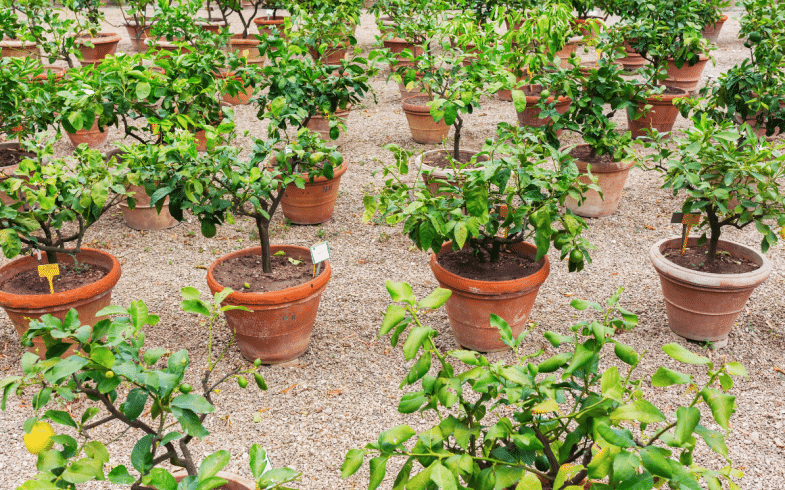
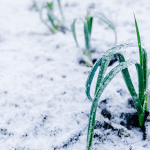

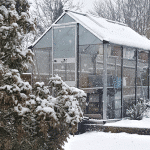
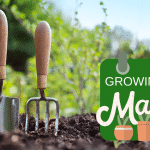







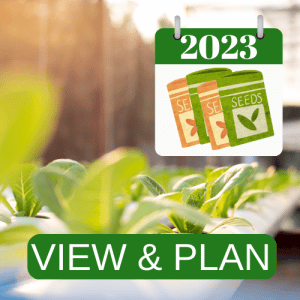

No comments.